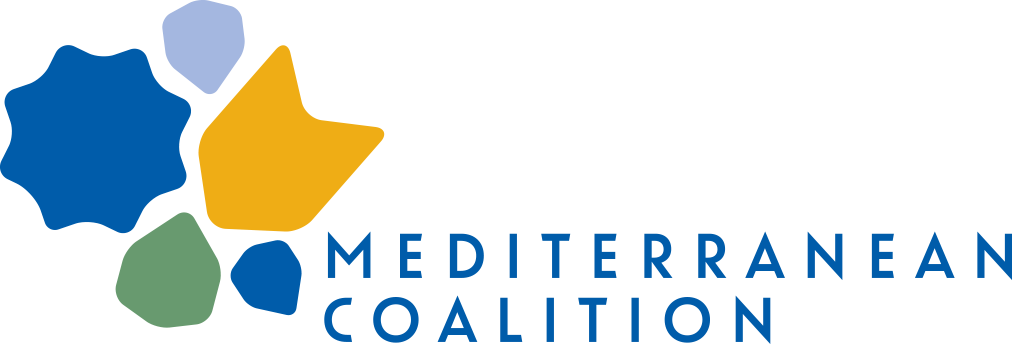COP28 will be a milestone moment for global climate action. The COP28 Presidency’s two-week thematic program is geared towards responding to the urgency of putting Loss & Damage System in place, the Global Stocktake and closing the gaps to 2030. The program reflects the sectors and topics raised during consultations with a broad mix of stakeholders and the thematic days programming incorporates four cross-cutting themes that underpin the effective, interconnected delivery: Technology & Innovation, Inclusion, Frontline Communities and Finance.
To address these four interconnected cross-cutting themes at the Mediterranean level and provide concrete solutions and answers, the Union for the Mediterranean and the Mediterranean Climate House Foundation co-organize a side event which proposes a new ambition for local authorities and frontline communities for climate action in the Mediterranean through the water – energy – food and ecosystem (WEFE) nexus approach.
This side event capitalizes on MedCOP Climate 2023 organized by the MCC and the Tangier-Tetouan-Al Hoceima Regional Council (Région Tanger-Tétouan-Al Hoceima or RTTH) in June 2023 in Tangiers, Morrocco and entitled: From COP27 to COP28, driving climate action in the Mediterranean at the local and regional levels. More specifically it builds on the WEFE nexus thematic hub held during MedCOP which gathered hundreds of Mediterranean stakeholders.
In a global context characterized by the need to accelerate climate action in order to meet the objectives of mitigation, adaptation, and mobilization of financial resources, including for loss and damages, the WEFE nexus offers an innovative solution that recognizes the interdependencies between water, energy, food and ecosystems. It seeks to address the challenges and conflicts that arise from the competition of these shared resources particularly in the context of growing population, urbanization and climate change. It seeks also to address opportunities of putting synergies between WEFE components. The WEFE Nexus approach can indeed help local authorities and communities to better adapt to climate change, manage water resources and ensure food security in Mediterranean marine, coastal zones and hinterlands. Indeed, this inclusive approach encourages integrated planning and better territorial management and an appraisal of the multi-level and -scale interdependencies and synergies between water, energy, food, and ecosystems.
This situation is even more critical in the Mediterranean, where the climate is changing faster than global trends, both historically and according to climate model projections (MedECC, MAR1, 2020). The Mediterranean region is known for its dry and arid climate, which makes water a scarce resource in a steadily increasing number of areas on all of its shores. The situation is rapidly deteriorating due to population growth, competition between sectors for water and natural resources and ecosystem degradation, while the manifold impacts of climate change are exacerbating this already critical situation. Sustainable management of water resources is therefore essential in this region to ensure the conservation and efficient use of this valuable resource and to secure the long-term availability of water for human and ecological needs, as well as food and environmental security. On the other hand, renewable energy sources such as solar, wind, and hydro can power the energy needs of water pumping, filtration, treatment, and distribution systems, reducing reliance on fossil fuels and lowering greenhouse gas emissions. Hence, renewable energy plays a critical role in promoting sustainability, resilience, and adaptation in the WEFE nexus, while also mitigating climate change impacts. At the same time, the sustainable use of Mediterranean ecosystems managed in an inclusive approach involving local stakeholders and the development of a green and circular blue economy balancing environmental, social and economic needs can provide numerous opportunities including sustainable fisheries, aquaculture, tourism, maritime transport, and on and offshore renewable energy. Empowering local actors and fostering green and blue financing and investments will lead to the creation of thousands of jobs, will increase the resilience of the region and will foster peace and stability.
